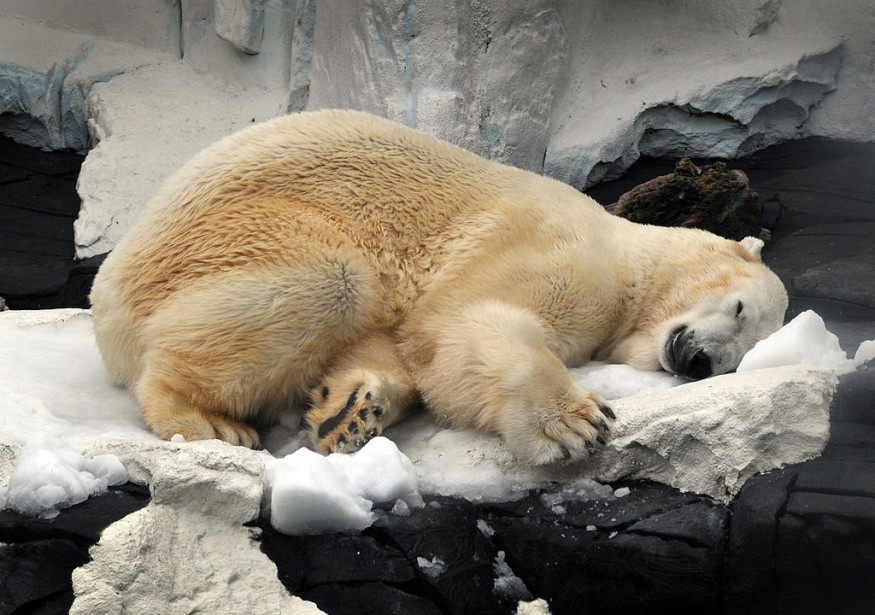Alaska Polar Bear Mauls, Kills 1-Year-Old Baby and Mom After Rampage in Remote Village

A polar bear killed a one-year-old baby and his mother after chasing several residents in a remote community in western Alaska, authorities said.
The Alaska State Troopers said Summer Myomick, 24, and her 1-year-old son Clyde Ongtowasruk were mauled and killed by the polar bear on Tuesday near a school in Wales, on the western tip of the Seward Peninsula.
"Initial reports indicate that a polar bear had entered the community and had chased multiple residents... The bear fatally attacked an adult female and juvenile male," troopers noted.
Troopers said a resident shot and killed the bear after it attacked the pair. Austin McDaniel, a spokesman for the Alaska State Troopers, told CBS News Wednesday night that a trooper and an official from the state Department of Fish and Game had traveled to Wales to investigate the attack.
According to McDaniel, the investigation showed that the mother and son were on their way to a clinic when they were attacked. He also said the state Medical Examiner's Office will conduct an autopsy on the bodies.
READ NEXT : Grandma Died After Her Pit Bull Attacked Her
Polar Bears Are Usually Far Out on Ice by Now
According to Alaska Public Media, co-existing with polar bears is not new in Welsh. Like many remote Alaskan towns, the Inupiaq village of about 150 people arranges patrols when bears are expected in town, from July to early November, when the sea ice forms and bears leave to hunt seals on the frozen terrain.
According to Polar Bear International's senior head of conservation, Geoff York, polar bears typically spend the winter far from human settlements on the ice. That makes this week's fatal incident quite unusual, as there has not been a deadly polar bear attack in Alaska since 1990.
York, who has spent decades researching polar bears, said he would have been wandering around the village of Wales without bear deterrents because it is historically the time of year that is safe as polar bears would be out on the sea ice hunting seals. Hence, encountering them is unlikely.
Although it is not known whether the attack was caused by global warming, York noted that it is consistent with what is to be expected as the Arctic is warming at four times the rest of the Earth, altering the ecosystem in ways that are not yet completely understood.
Andrew Derocher, a professor of biological sciences at the University of Alberta and an expert on polar bears, said that while polar bear populations are in decline, this bear is part of a population that is doing quite well.
Fatal Polar Bear Attack is Rare in Alaska
Fatal polar bear attacks have been unusual in the recent history of Alaska. A polar bear killed a man in the Welsh town of Point Lay in 1990. The animal had signs of starvation, according to biologists, the Anchorage Daily News reported.
While a 2017 study concluded that polar bear assaults are extremely uncommon anywhere, it did link "increased concern for both human and bear safety" to forecasts of a rise in the number of "nutritionally stressed" bears spending more time on land near humans because of the melting of sea ice, according to USA Today.
U.S. Geological Survey researchers working in Alaska have made similar observations about the diminishing sea ice that polar bears depend on.
READ MORE : Matt Weiss Case
This article is owned by Latin Post.
Written by: Bert Hoover
WATCH: Polar Bear Kills Mother, Child - From WTHR
Subscribe to Latin Post!
Sign up for our free newsletter for the Latest coverage!
© 2026 Latin Post. All rights reserved. Do not reproduce without permission.














